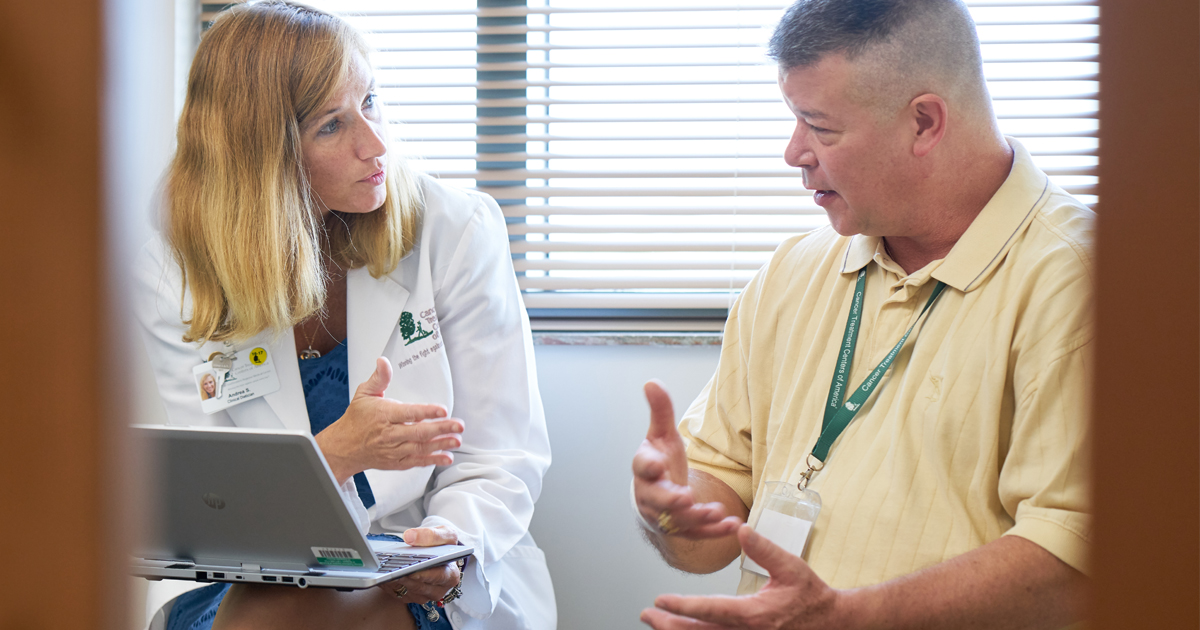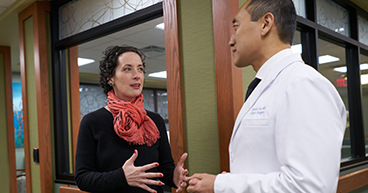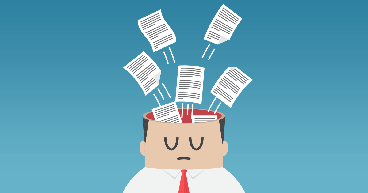
More than 40,000 Americans a day, on average, get a colonoscopy, but many still don’t understand how they work, how often they should get screened – or even why they’re so important. Another fact many don’t know: Despite the thousands of procedures performed daily, colonoscopies are hardly routine. Because the procedures involve intense preparation and sedation, they should only be performed by trained experts. To help patients understand the requirements and risks involved and to help them prepare for a thorough and accurate examination, we asked Jeffrey Weber, MD, a Gastroenterologist, to answer some of the most common questions patients may or should be asking.
Do I really need a colonoscopy when I can take a stool test?
Technology has improved the accuracy of stool tests in detecting DNA mutations or signs of blood that may indicate cancer. That comes as a relief for patients who simply refuse to get a colonoscopy. "I feel stool tests, such as Cologuard® or others, are appropriate for someone who is unwilling to have a colonoscopy," Dr. Weber says, adding that a stool test is better than no test at all. But for Dr. Weber, and many other doctors, the stool tests are not enough. Seeing is believing. Stool tests may detect signs of cancer, but negative results miss the possibility that small polyps may be lurking, posing a risk of developing into tumors later on. "And if you get a positive result on a stool test, you're going to need a colonoscopy anyway," Dr. Weber says. Also, stool tests also are not for patients with a high risk of colon cancer. Stool tests are not recommended for patients who have a history of polyps, previous positive stool tests or a family history of colon cancer.
How should I prepare for my colonoscopy?
Patients often dread the colonoscopy prep more than the procedure itself. But times have changed, and no longer are prescribed laxatives or harsh bowel cleansers necessary in many cases. Talk to your doctor about options. Some doctors may suggest over-the-counter laxatives that are easier to swallow. "Every doctor has his or her own ways of having patients prep for a colonoscopy," Dr. Weber says. "You should be given a choice of preps. There are some preps that aren't that bad."
How will I be sedated for my colonoscopy?
For years, doctors used a combination of sedation drugs such as fentanyl, meperidine (Demerol®) and midazolam (Versed®) during a colonoscopy. But the drugs last for hours, far longer than needed, and have shown not to work in some younger patients or in patients with a history of alcohol or drug use, Dr. Weber says. The sedation drug propofol, he says, may be a better option because it works quickly before the procedure and may take less recovery time after. "You come in, get the procedure done, and a half hour later, you can walk out," Dr. Weber says. Some patients ask not to be sedated during the procedure, Dr. Weber says. Patients should discuss the risks and benefits of sedation before their procedure.
Is it important that my doctor be board certified in gastroenterology?
Given the invasive nature of colonoscopies, they should only be performed by doctors with specific training, experience and professional credentials, Dr. Weber says. "Weekend courses on how to perform colonoscopies are offered, and that’s all some states require for training," he says. Board-certified gastroenterologists undergo extensive training on colonoscopies and other diagnostic and treatment procedures and are required to take ongoing medical education classes. "If you want quality assurance, you should go to someone who is board certified," Dr. Weber says. "A board certification says that these experts went through the full training programs, took the appropriate exams and passed."
Why should I ask my doctor for his or her adenoma detection rate (ADR)?
Adenomas are polyps, or outgrowths, on the inner wall of the colon. Some develop into malignant tumors. Given the history of colonoscopy results over time, experts know that in patients older than 50, colonoscopies will detect adenomas in at least 25 percent of men and 15 percent of women. Based on this standard, all gastroenterologists are assigned an ADR measuring their ability to detect these growths, according to the American College of Gastroenterology. "Doctors who meet or exceed that detection rate are generally considered knowledgeable and capable of performing colonoscopies," Dr. Weber says. According to an editorial in the medical journal of the American Society of Gastrointestinal Endoscopy, ADRs have become "widely accepted by expert groups as an important colonoscopy quality measure."
Is room air or carbon dioxide used in the procedure?
During a colonoscopy, a process called insufflation is used to inflate the colon with air, allowing the doctor to navigate the scope around the organ’s multiple curves. "For years, we used room air, and that was fine," Dr. Weber says. "But room air needs to be expelled from the body." It may take some patients hours to pass gas, he says. In the meantime, they may feel bloated, crampy or distended. Dr. Weber recommends using carbon dioxide to inflate the colon. "Your colon lining absorbs the CO2, and you breathe it away," he says.
How much time should I expect the colonoscopy to take?
Count on spending at least four hours in the hospital or outpatient center where the procedure is taking place, to account for pre-op preparations and recovery. Dr. Weber says he usually brings patients in 90 minutes before the scheduled test, so they have time to fill out paperwork, provide necessary information to the doctor and/or nurse, undress and have an IV inserted. A colonoscopy typically takes about 45 minutes (longer if an endoscopy also is performed). Recovery often takes as little as 30 minutes, depending on the sedative and the type of insufflation gas used. But even after returning home, patients should take time before going back to their normal routine. "Take it easy for 10 to 12 hours," he says. "Don't sign any important papers. Don't do anything dangerous. And don't drive for at least 10 hours."


